Generative Ship Hull Form Optimisation with ShipHullGAN
Please login to view abstract download link
Conventional ship design process typically commences by understanding customer requirements and exploring existing design databases to identify a baseline design that closely aligns with the new specifications. However, initiating the design process with a baseline model is becoming increasingly inadequate due to the evolving regulatory landscape and stricter compliance requirements. To address these challenges, Khan et al. introduced ShipHullGAN, a generic parametric model developed using a deep generative convolution model to enable the versatile representation and generation of ship hull designs. ShipHullGAN has been trained on a dataset of 52,591 physically validated ship hull designs, encompassing a diverse range of vessel types, including container ships, tankers, bulk carriers, tugboats, and crew supply vessels. This model aims to overcome the inherent conservatism of conventional parametric design paradigms, which are typically constrained to specific ship types. Despite the demonstrated capabilities of ShipHullGAN, its efficacy in large-scale holistic optimisation remains to be fully validated. In this study, we adopt a generative search approach to optimise the design process. Initially, we explore ShipHullGAN's generative design space to identify a diverse set of candidate designs that closely align with preliminary design requirements. From this candidate pool, three distinct designs that closely match the design criteria are selected. Subsequently, we conduct an exploitation phase, wherein localised design subspaces around these selected designs are explored to minimise total resistance while satisfying design constraints. Once convergence is achieved within these individual subspaces, a secondary optimisation phase is conducted by interlinking the subspaces to identify potential further improvements. Finally, our optimisation strategy is benchmarked against the conventional baseline-driven approach, demonstrating that our generative search methodology yields superior-performing and more innovative ship hull designs. The results underscore the potential of generative design frameworks in advancing the ship design paradigm, offering enhanced enhanced flexibility and performance optimisation beyond traditional methodologies

